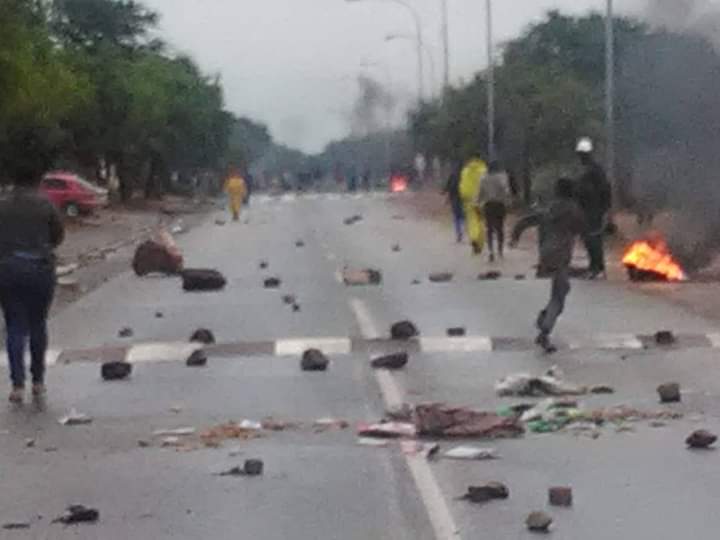 Download PDF Download PDF |
The Water Research Commission (WRC) has embarked on a study in determining the impacts of COVID-19 (SARS-CoV2) in the Waste Water Treatment Works (WWTW) sector in Gauteng. The idea of testing for COVID-19 strains in wastewater started in Italy, who saw a need to trace COVID-19 hot spot areas. As much as Europe is said to be part of the First World, “more than 60% of Italy and Netherland’s bulk sewerage is treated in sewer treatment plants, but flows directly into the Mediterranean Sea.” This is in the overview of the SARS-CoV2 report that was recently published by the WRC.
The study also reflects on how South Africa is not unique in having bulk sewerage running directly into the natural environment untreated.
We know for sure that most of the river catchments in Gauteng has been receiving untreated bulk sewerage for the past ten years at least until the Vaal River was declared a National Disaster area.
The WRC study also states that “over 45% of the Gauteng population is living asymptomatic with the virus, as traces have shown from what has been picked up [in wastewater] by the sampling tests thus far”. Further the WRC stipulates that “most of the hot spot areas are Katlehong in the East Rand, and further upstream from Tembisa to Atteridgeville in Tshwane.” This is worrying as raw sewerage overflows openly in many township streets in Gauteng, which is a serious health hazard during a pandemic.
A lot of residents are now living with raw sewer impacts in their homes and neighborhoods. Karibu! has been monitoring sewerage outbreaks in Sebokeng Zone 10 (in the Vaal, a township in the south of Gauteng) following the WRC report.
“We have now designed our own drainage system that is also serving a purpose of speed humps, simply because this raw sewerage has been overflowing for more than two years in this road right in front of our houses,” said one of the angry resident in Zone 10.
Metsi a Lekoa, the local water board in Emfuleni Local Municipality (ELM), has been contacted a number of times but with no response. “We have a lame government that simply does not know how to act at matters of crisis, but is quick to demand services’ money,” said the angry resident. Most of the sewerage man holes are overflowing. The problem is so enormous that most residents have lost hope.
This article was submitted on 26 August 2020. You may republish this article, so long as you credit the authors and Karibu! Online (www.Karibu.org.za), and do not change the text. Please include a link back to the original article.



